
Why is Diwali Celebrated?
Diwali is the biggest Hindu festival. It is celebrated to mark the day the return of Lord Ram to Ayodhya post his victory over Ravana and completion of fourteen years of exile.
Since his return was on the new moon night - Amavasya, people in Ayodhya lit diyas to light the path of their favourite king. Symbolically, this also marks the victory of light over darkness.
But Diwali isn't just a one day festival, it is a five day long celebration, with many embedded traditions and customs for each day!

Day 1:
Diwali Begins - Dhanteras, the Biggest Shopping Day of India!

The first day of Diwali is called Dhan Teras (Dhanvantari Trayodas), and it marks the official beginning of the Diwali festivities. This is the biggest day for the Business community as it is considered a very auspicious day for business. In some parts of India like Gujarat, this day is held even more important than the actual Diwali day, and people hold Lakshmi, Kuber (the Hindu God of riches) and Ganesha Pooja on this day.
A lot of purchasing happens on this day. Women purchase gold and silver on Dhan Teras as buying on this day brings prosperity. A few new utensils are also bought, if you can't afford gold and silver.
This is the best day and excuse for shopping because anything you buy is auspicious!

Day 2:
Spa Day for Ladies, Destruction of Narakasur, Choti Diwali

On this day, officially all the cleaning and sweets making jobs take a backseat and the women of the house engage in some me time. They wake up early in morning, apply ubtans made of Besan and Malai mixed with beauty oils, to look their best for Diwali day. There is a belief that if you wake up at the crack of dawn and do your beauty routines, your beauty will be enhanced by divine forces. Try waking up at sunrise this year and let us know if it worked or not!
In some parts of India like Bengal and Gujarat, this day is celebrated as Kali Chaudas. It is believed that on this day Shri Krishna killed the asura (demon) Narakasura. Hence also referred to as Naraka-Chaturdashi, Kali Chaudas is the day to abolish laziness and evil, which create hell in our life, and shine light on life.
This is 14th day of Krishna paksh, hence named Chaudas.
In other parts of India, it is simply the Choti Diwali, the day before Diwali. People go to each other's houses and exchange gifts and begin fireworks.

Day 3:
Lakshmi and Kali Pooja - Let the fireworks begin!

The third day of these festivities is the actual Diwali, when Goddess Lakshmi is worshiped, along with Lord Ganesha.
In Bengal, this day is dedicated to the worship of Devi Kali, a form of the divine Shakti. This pooja was introduced in Bengal by Raja Krishnachandra of Navadwipa.
This is the biggest day, celebrated with firecrackers and lots of scrumptious sweets.
If you want to see markets in their full glory, this is the night to visit the Sarafa (Gold markets) and main markets of the city center. Diwali decorations tour at night is a must do for tourists.

Day 4:
Bestu Baras, Vishwakarma Day, Annakoot and Govardhan Pooja

The fourth day is celebrated in various forms all across India.
In the Western states of India like Gujarat this day is celebrated with great pomp and show as Bestu Baras, the New Year as per their Calendar. Kids visit their friends and families to wish 'Bestu Baras' and adults give them money as blessing. A great day to earn money for Gujarati kids!
In Northern states of India, this day is widely celebrated as Govardhan Pooja. It is the day when Lord Krishna lifted mountain Govardhan to protect his fellow villagers from the divine rains.
This day is also called as Annakut, when the 56 bhog is prepared to celebrate prosperity. Goverdhan Pooja is also a part of Annakut.
It is also Vishwakarma Day, when people worship their instruments, arms and machinery. Most or all business establishments, thus, remain closed on this day. This is our Engineers' day.

Day 5:
Bhai Dooj

The fifth day of Diwali festivities is celebrated as the Bhai Dooj or Bhai Beej or Bhai Teeka/ Tilak or Bhai Fota (In Bengal). Brothers visit their sisters on this day, who celebrate and prepare sweets specially in the honour of their brothers, wishing a long, happy, healthy life and great success for them. Lucky Indian sisters who get two opportunities in a year to get gifts from their brothers!































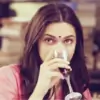






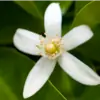


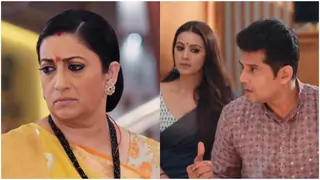
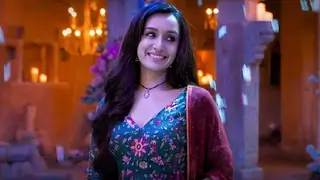

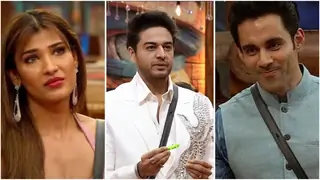


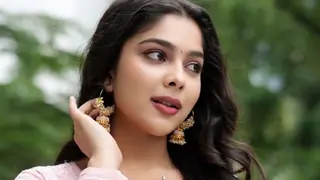

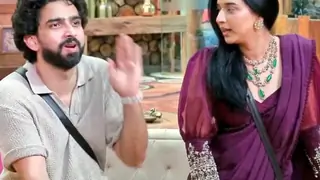

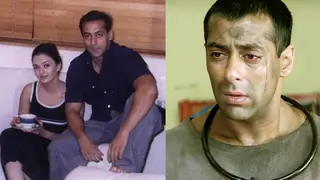


14